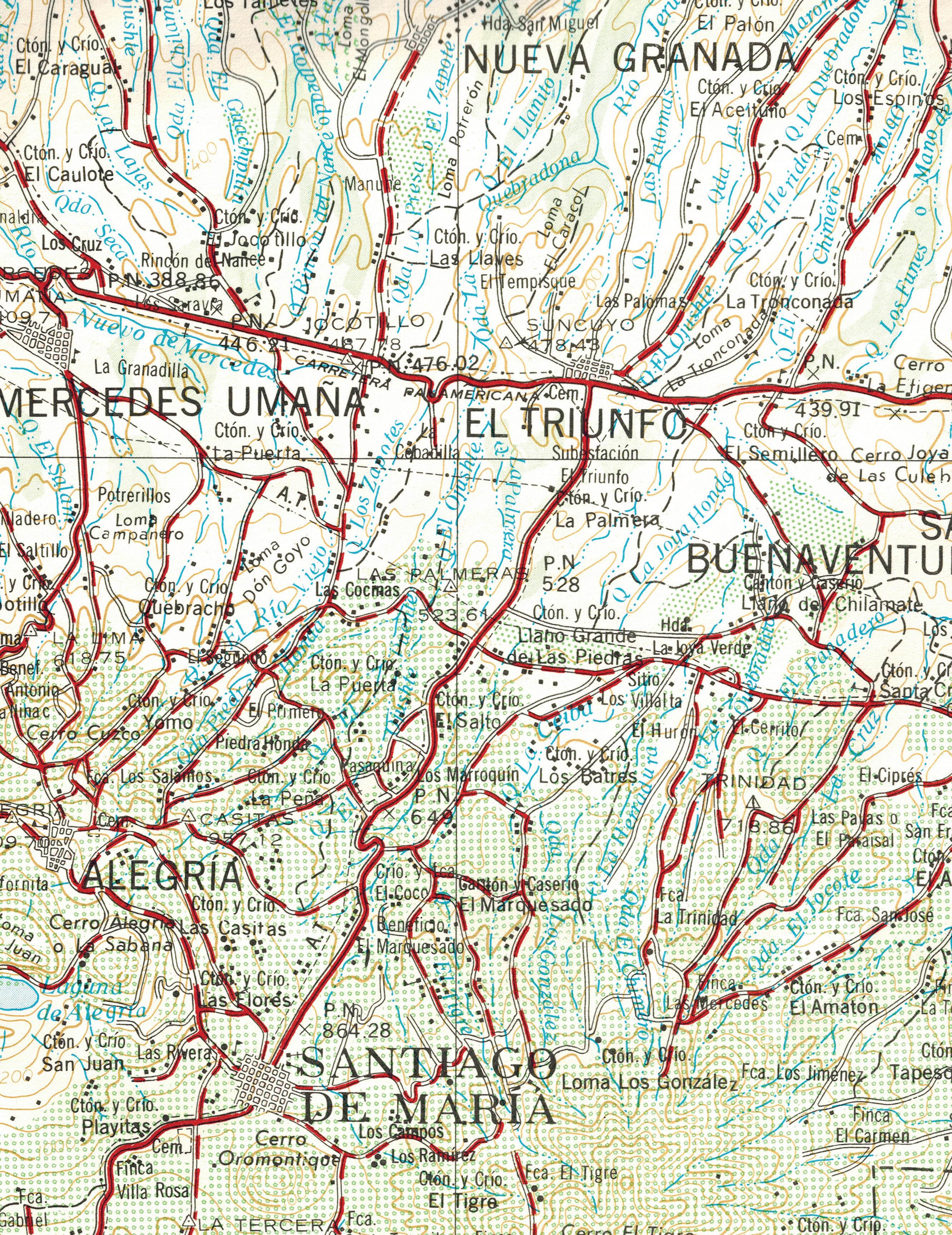MIZZOU MAGAZINE WINTER 2020
Under the Gun A veteran journalist recounts how, fresh out of J-School, he learned his trade on the frontlines of war in Central America.
T
TEXT AND PHOTOGRAPHS BY SCOTT WALLACE, MA ’83
he wipers slapped across the rainsmeared windshield as we sped through downtown San Salvador. Nelson Ayala clutched the steering wheel to keep us on the road in the torrential downpour. It was already two hours past dark, and it felt way too late to be out on the desolate streets in this part of town. Suddenly, a body appeared in the headlights just ahead of us, sprawled on the pavement. Ayala swerved to avoid it and kept going. “Shouldn’t we stop to help?” I asked. “It’s not convenient,” he replied, wagging a finger. “You don’t know who that person might be or why he is there. We’ll call an ambulance from the house.” It was June 16, 1983, my first day in El Salvador, my first day as a professional reporter. I’d arrived that afternoon, a month after graduating with a master’s degree from the Missouri School of Journalism. I’d made a beeline from the airport to the Camino Real Hotel, headquarters for the foreign press agencies covering the civil war. After meeting with CBS executives who had visited Mizzou that spring, I had managed to secure credentials and radio gear from the company. I would be CBS’s “stringer,” or free-
lance reporter, in the war-ravaged country. I only had $50 to my name. Ayala, the CBS driver whom I met in the network’s bureau, had offered to put me up until I could scrape together the funds to find a place of my own. He steered the Land Cruiser through a wrought-iron gate and into his garage, just down the street from the body. He made the call from upstairs and flipped off the lights. Twenty minutes later, we watched from the window as an ambulance silently approached, its red strobe flashing in the rain. Two silhouetted figures hopped out, bundled the body into the vehicle and drove off. “You have to be careful,” Ayala admonished with another wag of the finger. “That person is dead for a reason. You stay away from dead people if you don’t want to end up dead yourself.” This was my first lesson in how to survive in a war zone. For myself and a generation of young journalists arriving in Central America in the early 1980s, the armed conflicts in El Salvador and Nicaragua — and to a lesser extent Guatemala — were to become the crucible where we learned our trade and forged our careers. The Cold War was still on, and the Reagan administration saw the revolutions then sweeping the isthmus as evidence the Soviet Union was




